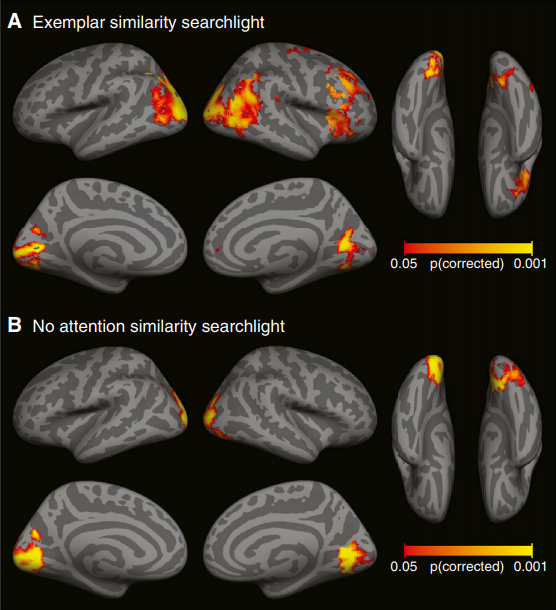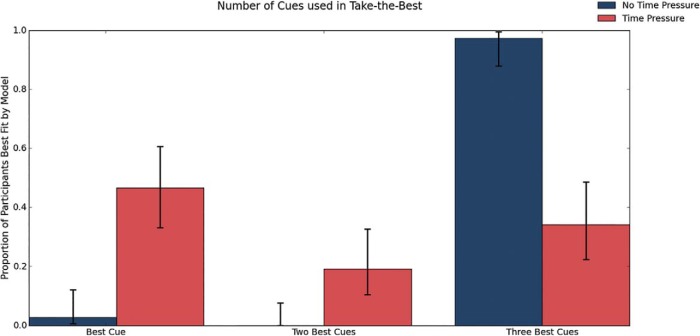Love Lab
University College London
Experimental Psychology
26 Bedford Way
WC1H 0AP
London, UK
Tweets
About
Welcome to the UCL Love Lab, a learning and decision making lab based at UCL Experimental Psychology department and headed by Prof. Brad Love.
We are interested in understanding how humans learn and make decisions through formal modelling and behavioural approaches combined with functional neuroimaging. For more details refer to our publications
Our lab motto is "Inclusive, Productive, Accountable" or IPA for short, cheers!
People
The UCL Love Lab consists of postdocs and PhD students. See below for more details.Principal Investigator

Bradley Love is Professor of Cognitive and Decision Sciences at UCL. He integrates approaches from Experimental Psychology, Machine Learning, and Neuroscience to understand the mechanisms supporting human learning and decision making.
Postdocs

My research interests encompass the neural bases of human memory and imagination. To gain a better understanding of these processes, I combine functional MRI and MEG methods, with real-world behaviours. I am currently incorporating neuroscientific findings into the design of artificial neural networks, with a view to enhancing their performance and making them more human-like in their operation.

During my PhD, I worked on various different topics such as heuristics and biases in decision-making as well as on models of similarity for neuroimaging data. Currently, I am working on attention and similarity models for electro-physiological data. Other efforts include linking decision heuristics to principled statistical models and analysis of fMRI data related to subjective value and confidence.
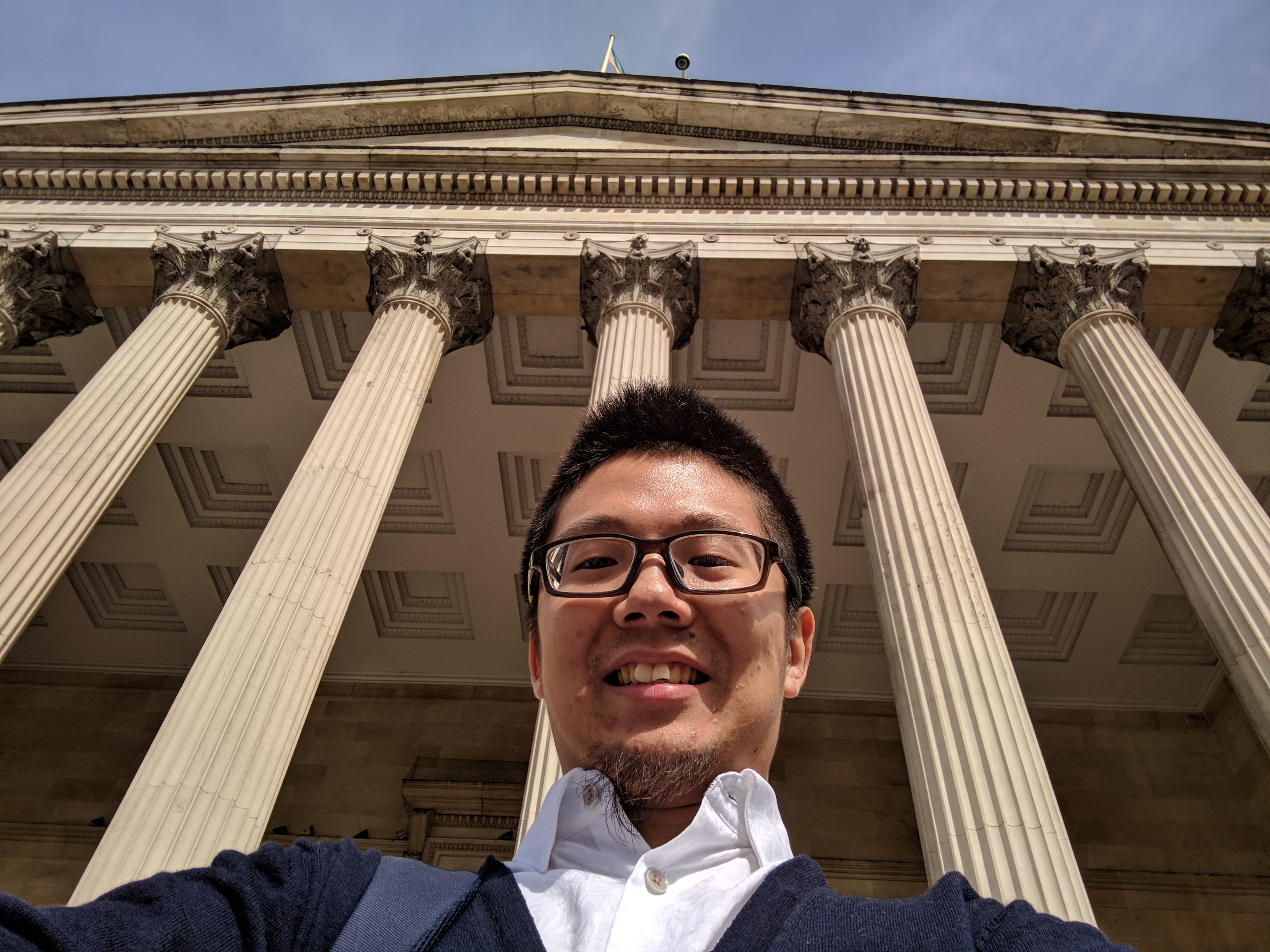
My research focuses on tracing the computational mechanisms behind human cognition via various computational models such as deep neural networks. By relating neural embedding spaces to embedding spaces extracted by neural networks from large-scale real-world images, I aim to shed some light on our understanding of the brain.

I am interested in how the brain constructs mental representations of the world and how this enables complex thought and behaviour. My current research focusses on category learning in the brain using fMRI (including multivariate pattern analysis), cognitive modelling, and behavioural methods. Recently, I have been thinking about these questions in terms of concepts and abstract thought — how does the brain organise abstract information during learning? I am intrigued by recent work that suggests the brain might construct a 'cognitive map' for coding different types of task-relevant information, including regions in the medial temporal lobe and prefrontal cortex.

The goal of my research is to boost human learning and decision making using formal models of cognition. I use formal models ranging from highly constrained psychological models to relatively unconstrained artificial neural networks. My current research focuses on developing psychological stimulus representations and category learning models in order to make more accurate predictions of learning outcomes.

I'm interested in neural network models and human high-level cognition, and making links between the two. Currently I'm exploring an embedding spaces perspective on mental representations. Specifically, linking human brain data and neural network models by comparing their representations in embedding space. Mostly, my methods involve deep neural network models trained end-to-end on naturalistic datasets (e.g., categorisation of real-world images). My PhD was on modelling backward inhibition within human task switching (the n-2 repetition cost), and I remain interested in mechanistic accounts of human cognitive control processes.
PhD Students

As a student of the Ecological Brain DTP, I am interested in how humans acquire concepts in a largely unsupervised manner amidst the noise and complexity of the real world. Specifically, my research explores integration across conceptual spaces as a model for human concept formation. Using machine learning methods applied to multimodal naturalistic data, I aim to investigate how humans learn about the world outside of the lab.
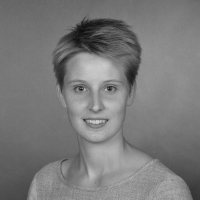
My research focuses on semi-supervised learning, incorporating behavioural and computational approaches. In my current project I aim to better understand the role of feedback in category learning and how this is tied to mental representations. More generally, I am interested in building models that can capture learning in naturalistic setups in order to predict optimal learning conditions. I am a PhD student with the Gatsby Unit at UCL, but can currently be found at the MPI for Biological Cybernetics where I am supervised by Peter Dayan.
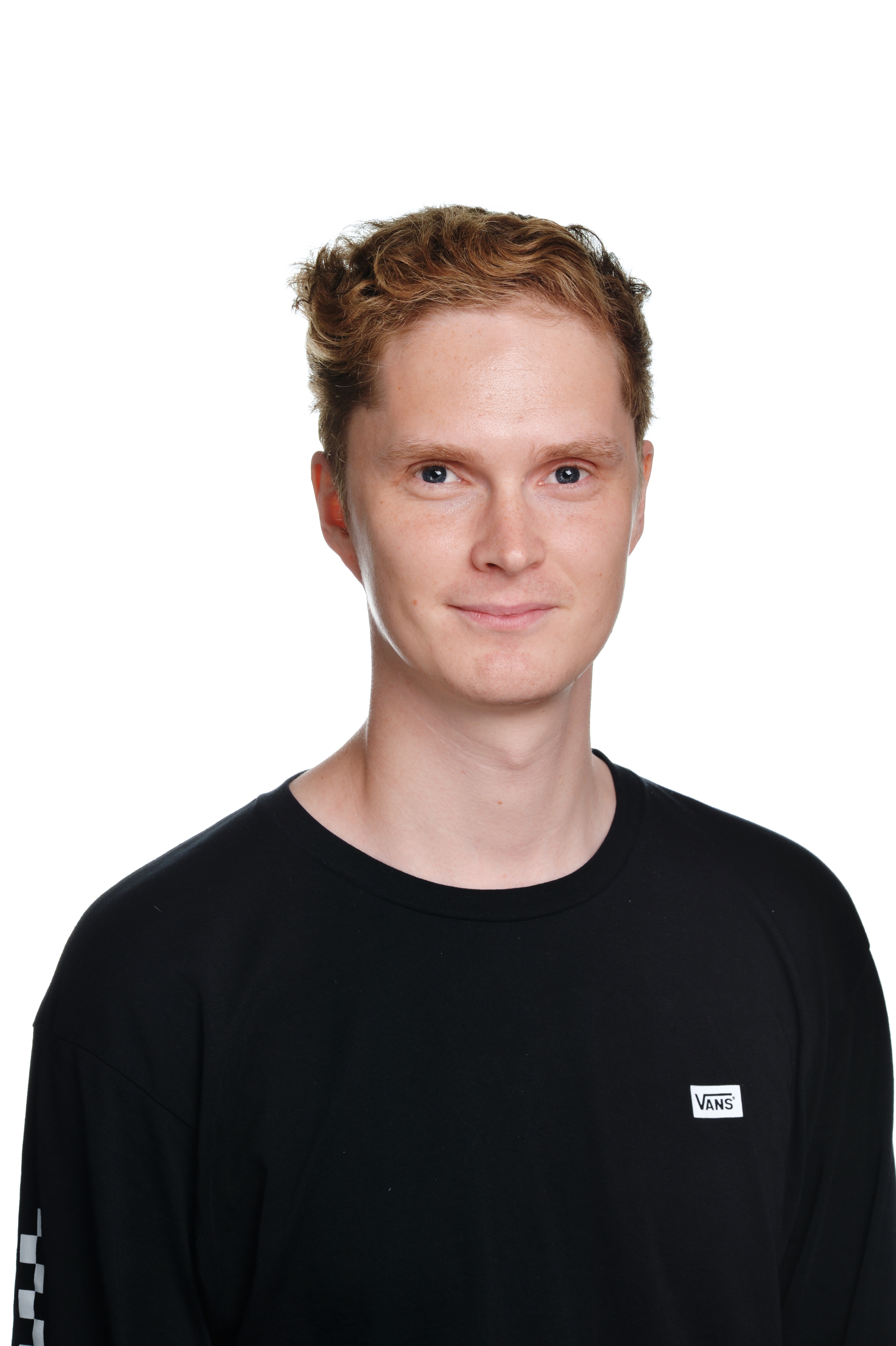
My research focuses on human learning, decision making and the ways it can be improved. For example – in one of my projects – I am trying to understand how consumers develop preferences and forage for information in complex environments. A key aim of this research is to inform the design of systems that aid decision making, such as recommender systems. Across all of my work, I’m keen to be data-driven, using cognitive models and machine learning wherever possible.
Press
Selected mainstream media articles on the Love Lab’s work:
- How neuroscientists are using AI (The Transmitter)
- Can Large Language Models Eliminate Biases in Health Care? (Neurology Today)
- AI beats neuroscientists’ predictions (Nature Neuroscience)
- Podcast with Nicky Cartridge on how AI will impact science and healthcare
- Some comments to The Guardian on how puzzles affect or don’t affect cognition, focused on aging.
- Sabine Hossenfelder on BrainGPT paper.
- Index to BrainGPT press on first paper.
- Dan Shipper’s AI and I Podcast (10-7-2024).
- Love & Philosophy, Beyond Dichotomy Podcast (24-5-2024).
- Foresight Neurotech program (28-8-2024).
- The Economist, “Artificial brains are helping scientists study the real thing” (24-5-2023).
- Knowing Neurons Podcast (12-12-2022).
- BBC’s from Nudge to Sludge.
- Brain Inspired Podcast, How we learn concepts.
- Cognitive Revolution Podcast, Lifelong Exploration.
- Changing Minds Webinar, Big data, smart analyses.
- Royal Instituiton event on generalist AI.
- BBC frontpage article on consumer decision making, here, March 2019.
- British Neuroscience (BNA) Bulletin interview, Summer 2018.
- 10 Years of Nudge: Radio 4 .
- AI hype: The Register.
- Regulating AI, statement from Turing to House of Lords: Turing blog.
- Psychology and Data Science: Turing blog.
- W.E.I.R.D., typical experiment populations in Psychology: Aeon.
- Electorial Gerrymandering: Seeker .
- How we integrate others’ opinion to determine value of products: Daily Mail .
- Human and Artificial Intelligence: Guardian science podcast.
- How the brain represents concepts: Brains and Behaviour on Medium.
- Explore/Exploit in the Supermarket: Nature Podcast, Daily Mail, Science Daily, Nature News and Views, Neuroscience News, Impact.
- Data Science/Marketing: The Guardian.
- Science of Persuasion: Daily Mail.
- How brain acquires stereotypes: The Guardian.
- How attention shapes category representations in brain: ScienceDaily.
- Reinforcement Learning: BusinessWeek, ScienceDaily, Fox7 News (video).
- Category Learning: UT Public Affairs, Psychology Today.
- Improving Prediction/Cleaning Memory: Daily Mail, ScienceDaily, CBC News (audio), ABC (Spain), Veja (Brazil), ScienceNet (China).
- Video Gaming and Cognitive Ability: Huffington Post, NBC Nightly News (Video), Psychology Today, Slashdot, CNET Australia, PCR, ScienceDaily, CNET, and more… Visit PlayIQ.com to evaluate yourself!
- Sky News (23-8-2013) “Is the internet destroying our brains?” Answer: Not exactly. Video snippet from Swipe segment.
- Brain Basis of Category Learning: ScienceDaily, Neuroscience News.
- Developing Brain and Gaming: R7 Brazil (Video with Portuguese audio).
- Optimism Bias: MinnPost, Newsweek, PHYS ORG, C.S. Monitor.
See the Publications section for more details.
Resources
Selected datasets, stimuli, and other resources from the lab. For code, also see the lab GitHub account — for data, also see Brad's OSF profile.
Beetle Stimuli
Stimulus set for use in categorization tasks based on illustration work by Frances Fawcett. Please cite one or more of these papers to acknowledge use:
- Davis, T., Love, B.C., & Preston, A.R. (2012). Learning the Exception to the Rule: Model-Based fMRI Reveals Specialized Representations for Surprising Category Members. Cerebral Cortex.
- Davis, T., Love, B.C., & Preston, A.R. (2012). Striatal and Hippocampal Entropy and Recognition Signals in Category Learning: Simultaneous Processes Revealed by Model-based fMRI. Journal of Experimental Psychology: Learning, Memory, and Cognition.
- Mack, M.L., Love, B.C., Preston, A.R. (2016). Dynamic updating of hippocampal object representations reflects new conceptual knowledge. Proceedings of the National Academy of Sciences (PNAS).
Decoding the brain's algorithm for categorization from its neural implementation
Data from: Mack, M. L., Preston, A. R., & Love, B. C. (2013). Decoding the brain’s algorithm for categorization from its neural implementation.
Heuristics under Time Pressure
Data from: Bobadilla-Suarez, S. & Love, B. C. (2018) Fast or Frugal, but not both: Decision Heuristics under Time Pressure.






